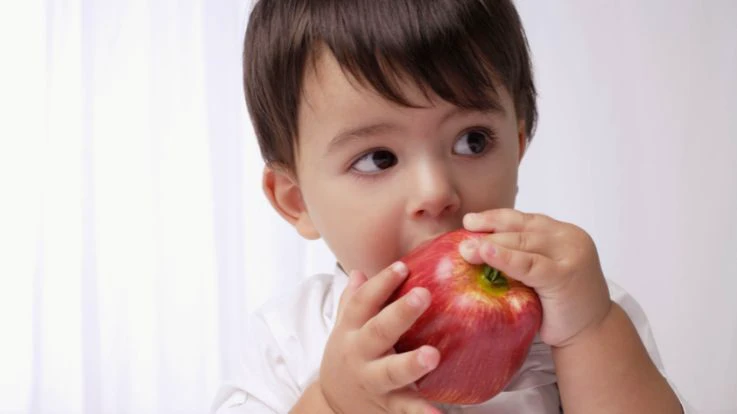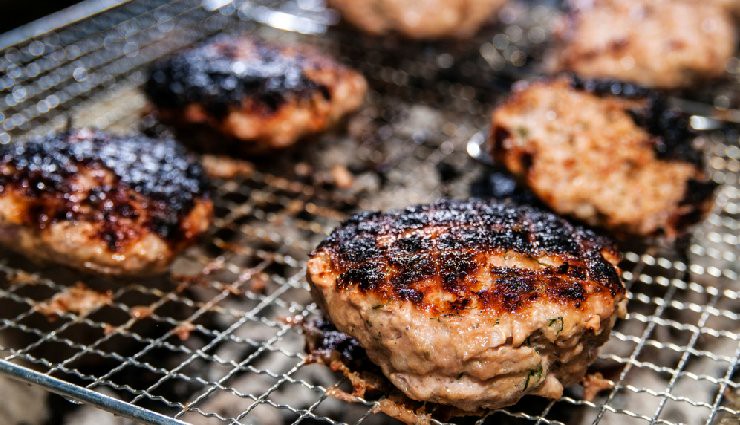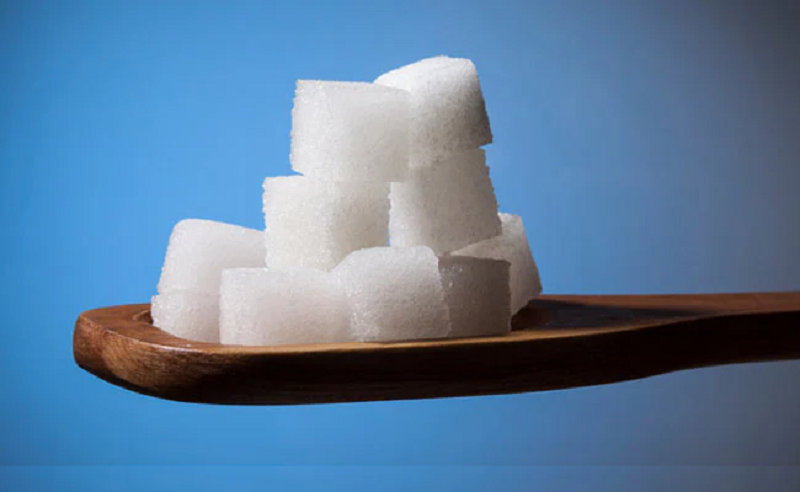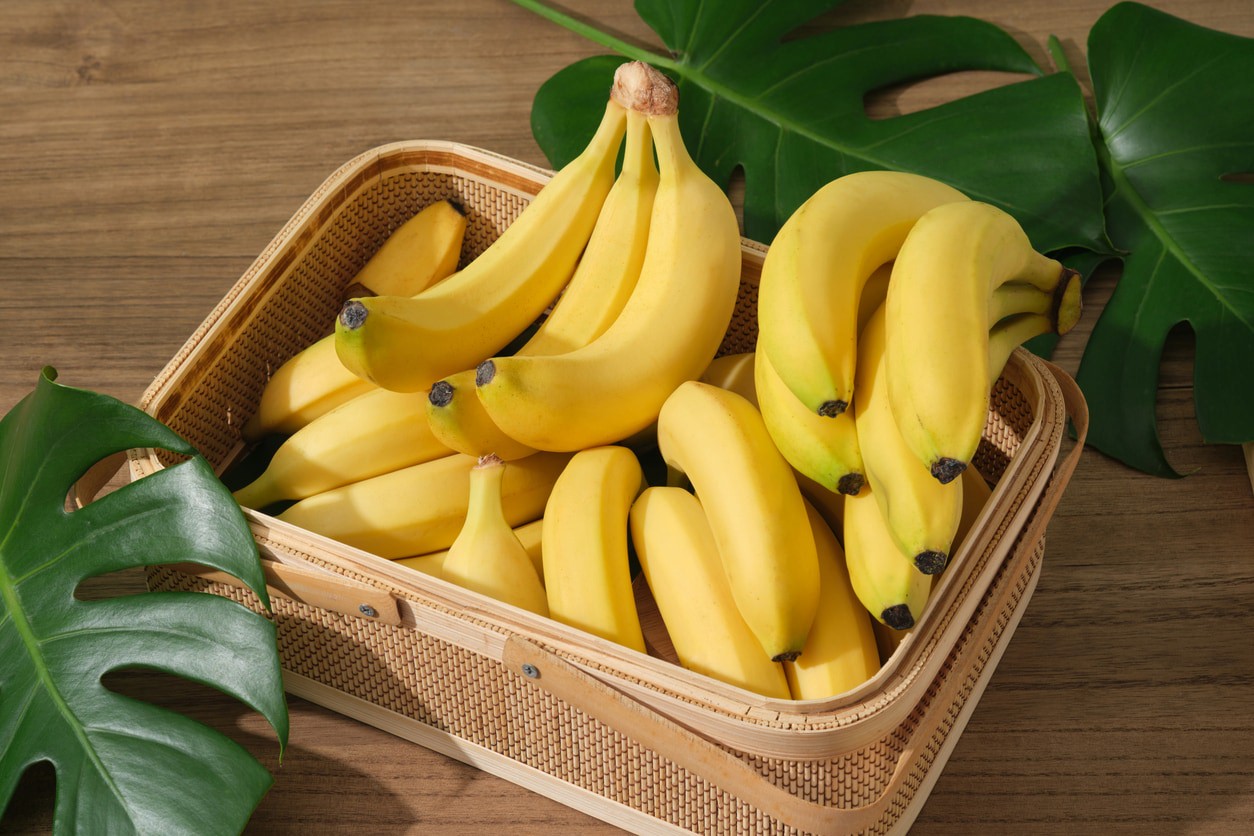As a parent, you want the best for your growing ones, and that includes feeding them nutritious food that supports their overall health and well-being.
Probiotic-rich foods are an excellent addition to their diet, promoting a healthy gut and boosting their immune system. Here are 5 Indian probiotic-rich foods that are perfect for your little ones:
5 Probiotic-Rich Foods For Growing Children
Curd/Dahi:
Curd is one of the most popular probiotic foods in India. It is made by fermenting milk with lactic acid bacteria, which helps maintain a healthy balance of gut flora. Consuming curd regularly can aid digestion, boost immunity, and prevent stomach-related issues. A glass of lassi made using homemade yogurt is also rich in probiotics. However, store-bought yogurt is not known to have enough live bacteria, therefore it is recommended to give the toddler more homemade yogurt.
Cottage Cheese/ Paneer:
Raw cheese, like cottage cheese (paneer), is an excellent source of probiotics in Indian probiotic foods. On the other hand, processed, cooked, and melted cheese is devoid of bacteria. The high-fat preserve and low cheese acidity nurture healthy bacteria growth and development. Raw and unpasteurized milk yields the best cheese with many probiotic bacteria. Paneer is incredibly important for heart health, bone health, and oral health.
Dhokla:
Dhokla is also considered one of the important probiotic Indian foods that significantly contributes to gut health. Dhokla is prepared by mixing the batter of fermented gram flour (besan), rice or pulses (dal), and yogurt (Dahi). The fermentation process is responsible for the probiotic nature of the food, as it allows the living culture to settle properly for growth. Yogurt adds an extra coat of probiotic bacteria. Dhokla is preferred as an evening snack and is a bit spicy. It helps to provide instant energy.
Apple:
Being one of the most nutritious Indian probiotic foods, apples are a wealthy source of dietary fibers and probiotics due to the presence of 100 million bacteria. Apples are typically considered a probiotic-rich food that nourishes your gut with good bacteria. The consumption of apples results in the production of short-enchained fatty acids and generates favorable pH conditions that facilitate the growth of good bacteria in the gut.
Idli and Dosa:
Idli and Dosa are staple foods of Southern India. It comprises fermented hard rice and lentils (Urad dal). It is a decent source of probiotic microorganisms (carboxylic acid bacteria), antioxidants, and fiber. Food is low in fat and calories, so it nurtures the growth and development of living cultures of healthy bacteria. Idli and Dosa are served with chutneys and sambar, which are made from hard ingredients. These condiments are also a great source of enteric microorganisms. The consumption of Idli and Dosa has many benefits; it boosts the immune system, reduces the chances of stroke, rejuvenates skin, and reduces gastrointestinal distress.
How To Introduce Probiotic Foods In Your Child’s Diet
One of the best ways to incorporate probiotic foods into your child’s diet is through the use of paneer or cottage cheese and yogurt. Yogurt can be offered to toddlers as a delightful addition to meals or enjoyed separately with jaggery, honey, or fruits. Apples, which are rich in probiotic bacteria, can be included in their daily diet.
Fermented foods, another source of probiotics, are typically introduced to toddlers at an early age due to their soft texture and mild flavor. These foods can be integrated into breakfast options. Gradually familiarizing your child with a variety of foods may encourage them to develop a preference for some of these items.
It is essential to mention breast milk in any discussion about probiotics. Breast milk is a source of both probiotics and prebiotics, making breastfeeding one of the most effective ways to enhance your child’s gut health.
In conclusion, Incorporating these 5 Indian probiotic-rich foods into your growing ones’ diet can have a significant impact on their overall health and wellbeing. it is preferable for toddlers to fulfill their probiotic needs through food rather than supplements, unless advised otherwise by a pediatrician.
References:
- Fermented Food Guidelines for Children
- Fermented foods and probiotics for children. The importance of knowing their microbiological differences
- Indian Fermented Food Items and Its Health Benefits





